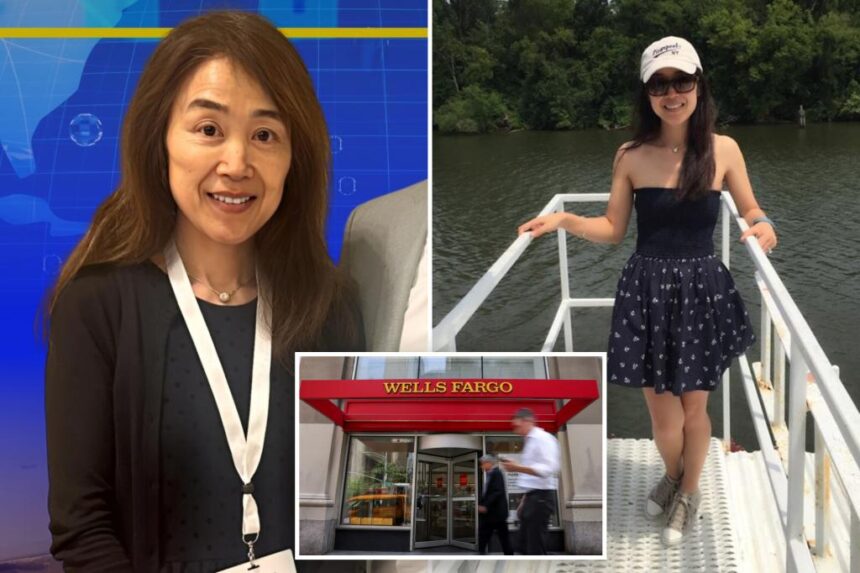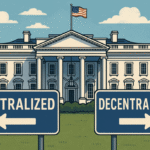A Wells Fargo banker who had been unable to leave China for several months has finally returned to the United States. Chenyue Mao, an Atlanta-based managing director, was confirmed to have left China by a company spokesperson. Reports indicate that her exit ban was lifted following recent discussions between U.S. and Chinese officials, as initially reported by the Washington Post.
Mao’s situation became a focal point amid ongoing negotiations related to the transfer of TikTok to U.S. ownership, aimed at avoiding a potential ban on the popular app. It remains uncertain whether her case was specifically addressed during these recent diplomatic talks in Madrid, or if it was part of separate negotiations.
Originally from Shanghai, Mao is a U.S. citizen and has been in a position of significant responsibility at Wells Fargo since joining the company in 2012. Specializing in international factoring—an arrangement in which companies sell their unpaid invoices to a third party for immediate cash—she often collaborated with Chinese firms and industry groups. Her expertise and frequent travel to China for business saw her attending an industry conference in Brazil shortly before her trip to China, where she was appointed chairwoman of FCI, previously known as Factors Chain International.
Mao had been barred from leaving China due to alleged involvement in a criminal case, according to statements from China’s Foreign Ministry in July. Exit bans in China have become increasingly common, often employed as tools of intimidation or leverage in civil disputes. Many individuals facing such bans may not even be aware of them until they attempt to depart the country.
Wells Fargo’s presence in China is relatively modest compared to other financial giants on Wall Street, with its branches in Shanghai and Beijing employing around 63 staff members as of early 2024. The ramifications of Mao’s travel restrictions have led some companies to reconsider business trips to China, resulting in the implementation of new policies to discourage employees from traveling alone.
The phenomenon of exit bans is not isolated to Mao. Several other foreign nationals have found themselves similarly detained. For instance, employees of Mintz Group, a corporate due diligence firm based in New York, experienced travel restrictions that lasted for two years before their release in March. Charles Wang Zhonghe, a senior banker at Japan’s Nomura, also faced a travel ban after a business trip last year.
As the situation unfolds, the implications of Mao’s case may resonate beyond individual concerns, potentially impacting international business relations with China and influencing the decisions of companies contemplating operations in the region.








